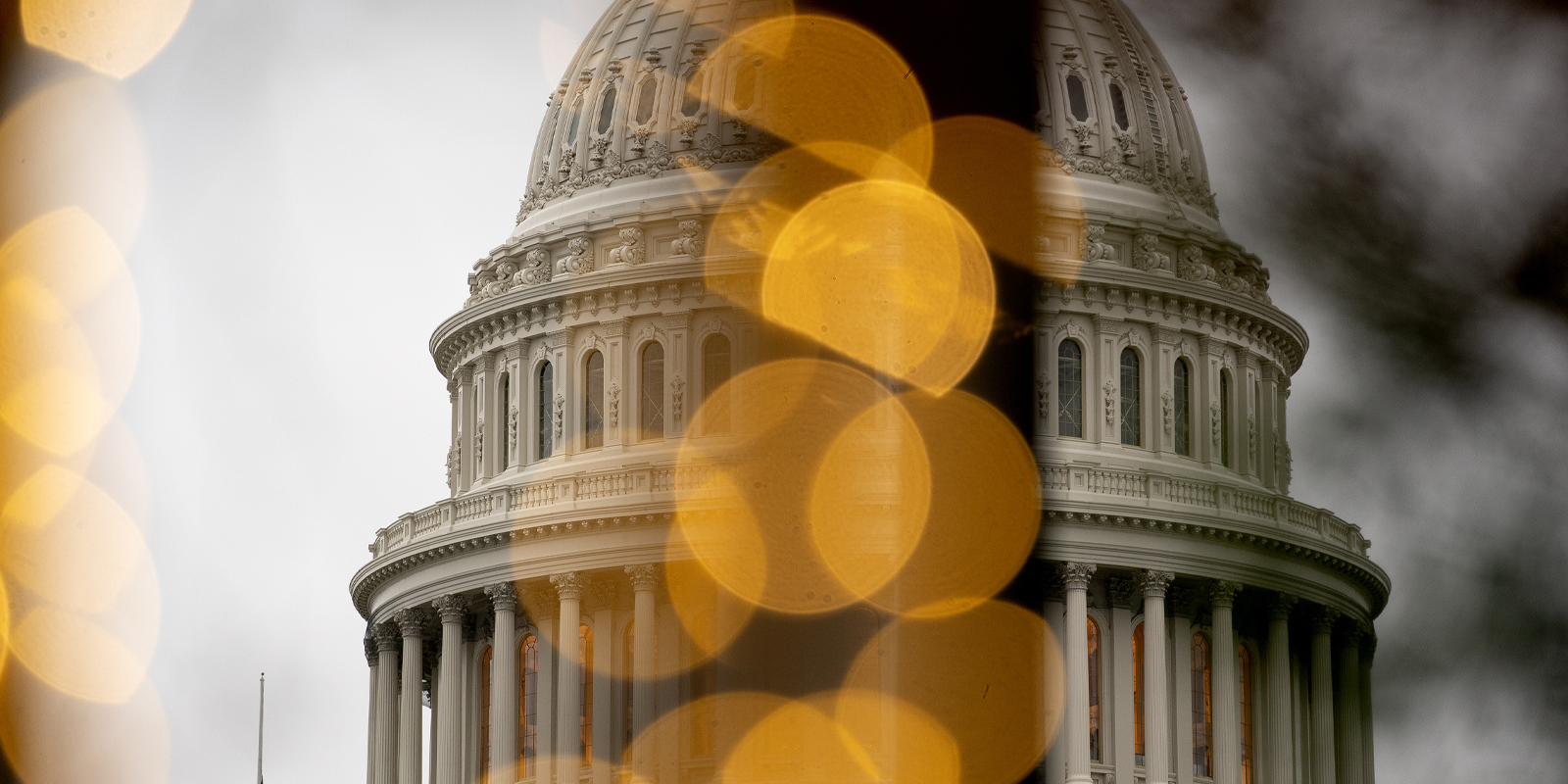Although the new Congress may not be off to its greatest start, the previous one ended 2022 on an undeniably positive note.
On Dec. 29, President Joe Biden signed into law the 2023 Omnibus Appropriations Bill, which will help fund public services in communities across the nation this year.
“Unlike in administrations past, working people won’t have to enter the holidays with anxiety over a government shutdown,” AFSCME President Lee Saunders said after Congress approved the bill. “This government funding bill prevents that. It will ensure that the public services our communities depend on keep running for another year, while saving thousands from dangerous furloughs and preventing so many others from losing access to the benefits they rely on.”
The $1.7 trillion law will support public services this year in sectors such as health care, education, public safety, transportation, infrastructure, culture and more. Among other things, it includes:
- $18.4 billion (a 5% increase over last year) for Title I grants, which provide funds to schools in which more than half the students live in poverty. The money will enable these schools to help low-income students meet college and career-ready academic standards.
- About $8 billion for the Child Care and Development Block Grant, a 30% increase over last year, that will help states address the loss of 10% of the child care workforce since 2020.
- $700 million for Violence Against Women grants to help victims of domestic abuse and gender-based violence and to prevent violence from occurring.
- $663 million for Community Oriented Policing Services (COPS) grants to states and local governments to hire new officers and train them in community policing, including de-escalation techniques, crisis intervention, cultural awareness, and other policing strategies.
- About $13.6 billion for Federal Transit Administration (FTA) Transit Formula Grants that will help provide well-paying jobs and enable our communities to function effectively, boosting economic growth and promoting racial justice.
- Roughly $1.1 billion for EPA Drinking Water State Revolving Fund (DWSRF) grants to help water systems improve drinking water equipment, repair distribution pipes, improve water supply quality, and undertake other infrastructure projects.
- $207 million, an increase of $27 million over last year, each for the National Endowment for the Arts (NEA) and the National Endowment for the Humanities (NEH) to help fund museums and other cultural activities.
The funding bill is also a big win for workers.
It includes a $25 million increase to the National Labor Relations Board (NLRB), which fights unfair labor practices. “The bill also includes the Pregnant Workers Fairness Act, which will help ensure that pregnant workers get the protections they need to keep doing their jobs safely, and the PUMP Act, which will ensure that most breastfeeding women – including those who work for state and local governments – will have space and time to pump and store breast milk at work. A new retirement change that’s part of the funding bill will extend the public safety officer exception to the 10% early distribution tax to corrections officers who work for state and local governments.
“What’s more, this bill provides long-awaited funding for Medicaid in Puerto Rico – a $17.6 billion investment that will save lives,” Saunders said. “AFSCME members in Puerto Rico spent years fighting for this crucial funding. And the first responders who risked their lives during 9/11 – many of whom are AFSCME members – will also receive investments in their health care. The spending bill adds $1 billion in critical funding for the World Trade Center Health Program.”
The bill, which received bipartisan support in the 117th Congress, is a testament of what elected representatives can achieve on behalf of working families. It also sets an example that the 118th Congress should strive to follow.
